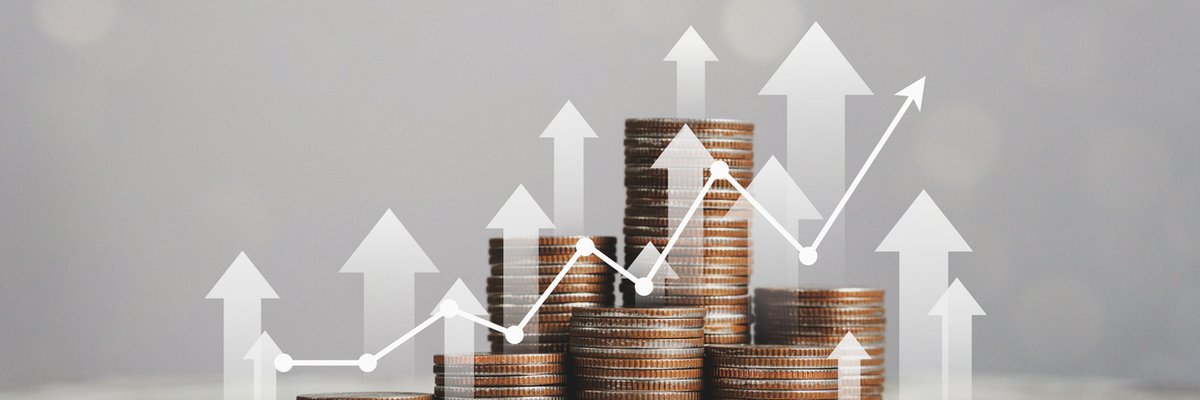3 Reasons Not to Open a CD in July 2025 -- Even With Rates Over 4.00%

Image source: Getty Images
Certificates of deposit (CDs) are an attractive option right now, with many of the top options offering 4.00% APY or more. But are they really the best place for your money?
There are a handful of good reasons to keep your money elsewhere -- especially if you value flexibility, you're looking for long-term growth, or you need to tackle debt.
Here are three ways you should be using your money right now before you think about opening a CD.
1. High-yield savings accounts offer comparable returns with more access
Some of our favorite high-yield savings accounts (HYSAs) are paying rates that rival CDs right now -- and you don't need to lock in your money to earn them.
Just like traditional savings accounts, HYSAs let you access your money anytime, and they're FDIC-insured up to $250,000. The best banks also don't charge monthly fees or have account minimums. All of this makes HYSAs the perfect place to store your emergency fund or short-term savings.
Looking for flexible savings with strong interest? Open a Capital One 360 Performance Savings account with 3.50% APY, our pick for the best online savings account of 2025.
2. Stocks are better for long-term growth
If you're investing for the long haul, on the other hand, a CD isn't the best option. Consider this: Over the last 30 years, the average return of the U.S. stock market was 9% per year, as measured by the S&P 500 Index -- more than double the rate of the best CDs.
CDs are appealing because they offer a guaranteed rate of return up front, but still, that return is limited. The stock market has ups and downs, but over the course of years and decades, an S&P 500 index fund will likely gain far more value. And because an index fund invests you in 500 of the largest U.S. companies at once, you get instant diversification.
3. Paying off debt will save you more than any CD can earn
Finally, if you have high-interest debt, like from a credit card, opening a CD won't help much. That's because the average credit card APR is around 21.16%, according to the Federal Reserve. Investing in a CD while owing high-interest debt like this is a losing proposition.
You'll want to pay off any debt you have before looking into CDs. If you owe money on a credit card with 21% interest, for example, you might think of it as getting a guaranteed 21% return for paying it off.
Once your high-interest debt is gone and your emergency fund is in place, then you can start considering CDs or other savings tools.
If you want an easier way to pay off debt, check out our pick for the best balance transfer card available now, with nearly two years of 0% intro APR.
CDs are great investments -- for some people
CDs can still be a smart investment option, but only if you:
- Have no high-interest debt
- Have three to six months' worth of expenses in a savings account
- Are already investing in higher-growth assets, like index funds, for retirement
If that sounds like you, then now may be a good time to open a CD. Interest rates are expected to fall soon, and a CD could protect your money from rate cuts for years to come.
If you want a long-term hedge against falling rates, Synchrony Online CD is offering a 5-year CD that pays an impressive 4.15% APY. Locking in such a high rate for such a long time is almost impossible these days. So if you're ready, click here to open a Synchrony Online CD 5-year CD today.
Our Research Expert
We're firm believers in the Golden Rule, which is why editorial opinions are ours alone and have not been previously reviewed, approved, or endorsed by included advertisers. Motley Fool Money does not cover all offers on the market. Motley Fool Money is 100% owned and operated by The Motley Fool. Our knowledgeable team of personal finance editors and analysts are employed by The Motley Fool and held to the same set of publishing standards and editorial integrity while maintaining professional separation from the analysts and editors on other Motley Fool brands. Terms may apply to offers listed on this page. APYs are subject to change at any time without notice.


